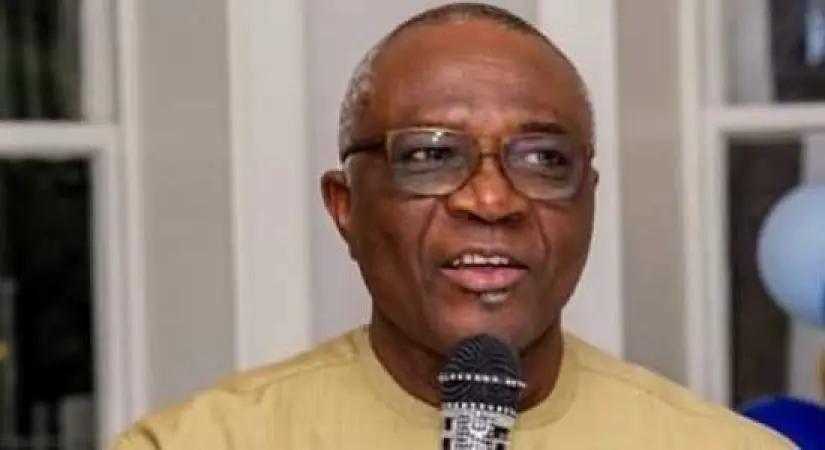1.1K
By Myke Agunwa
Sun King, the world’s largest off-grid solar company, has secured financing from a World Bank-backed programme to boost electrification in Nigeria, The Presidency has announced.
This development comes a few days after the Federal Executive Council (FEC) meeting, chaired by President Bola Tinubu, initiated a new policy tagged the “Renewed Hope Nigeria First Policy” that places the country at the center of all public procurement and business activity, with a strong emphasis on empowering local industries and reducing dependency on foreign imports.
The policy bars the Ministries, Departments, and agencies (MDAs) from procuring foreign goods or services already available locally without a written waiver from the Bureau of Public Procurement (BPP).
However, Bayo Onanuga Presidential Spokesperson to Tinubu, in his official X handle on Thursday, announced that Sun King secured a naira-denominated loan of $80 million from the International Finance Corp. and Stanbic IBTC Bank Ltd. He said that the loan is the largest local-currency facility for energy access in West Africa to date.
“The money will help finance the provision of electricity to as many as 4 million households over the next four to five years, adding to the 2 million Sun King already has funded, Chief Financial Officer Krishna Swaroop said. Sun King was formerly known as Greenlight Planet.
“What’s really exciting about this is that it’s a local-currency facility, so the company doesn’t have to take foreign-exchange risk, Anish Thakkar, a co-founder of the company, said in an interview. It “allows us to provide the most affordable financing to customers,” he said.
Onanuga said that the loan falls under a World Bank and African Development Bank drive to bring electricity to 300 million people in sub-Saharan Africa by 2030.
“The Mission 300 program envisages tens of billions of dollars of investments in energy projects being rolled out across the continent and was highlighted at an inaugural conference in Tanzania earlier this year.
“The loan is the biggest local-currency facility secured by Sun King and follows a $75 million deal in Kenya in 2021”.
It added that Nigeria, where about 90 million people have no access to electricity, has been a major focus of the World Bank’s electrification programs. In December, the bank facilitated a $750 million loan to Nigeria for electrification using renewable power technologies. It expects private investment of more than $1 billion to be attracted as a result and electricity access to be extended to 17.5 million people.
Reacting to the development, Adetunji Adewolu in his X handle @AdetunjiAdewolu said, “Big win for Nigeria’s energy future. Local funding, no FX stress, and 4 million homes set to get power. Now this is what real impact looks like” he said.
Mahdi Shehu another social media activist with the handle @shehu_mahdi wrote “Just tell Nigerians that the so-called company will be “awarded” the N10 Billion villa solar panels project as an “incentive”. While TCN and REB will continue gasping for the final oxygen. What ” a Genius economic policy” on how to kill local companies”.
Also in his reaction, JIKAN WAZIRI @mkadamu3 wrote, “With about 290 million Nigerians lacking access to electricity, it’s alarming that the federal government relies heavily on foreign aid & private sector initiatives to tackle this basic infrastructure issue.
“The fact that a foreign company is stepping in to provide electricity to 4 million households, adding to the 2 million already funded, raises questions about the federal government’s role in ensuring its citizens’ basic needs are met.
“The government’s lack of initiative & resources is loud and glaringly evident, as it takes external funding & expertise to drive solutions to the energy crisis.
“The World Bank’s $750M loan in December, expected to attract over $1B in private investment, further underscores the government’s limitations. It’s unacceptable that Nigerians are forced to rely on foreign organizations to access basic necessities like electricity. The government must take responsibility for its citizens’ welfare and develop a comprehensive energy policy to address the crisis” he said.



